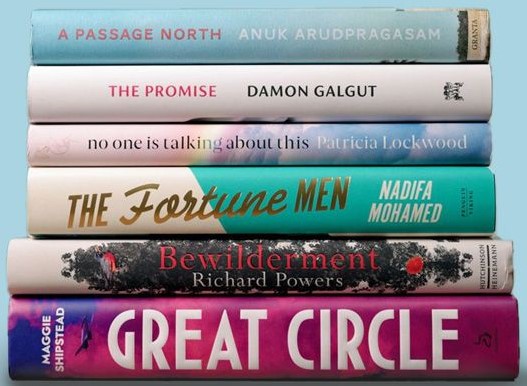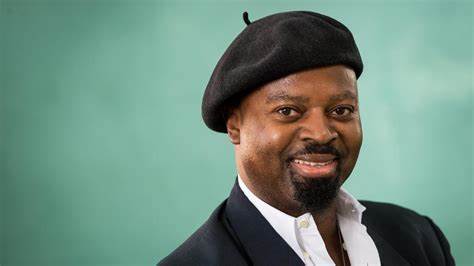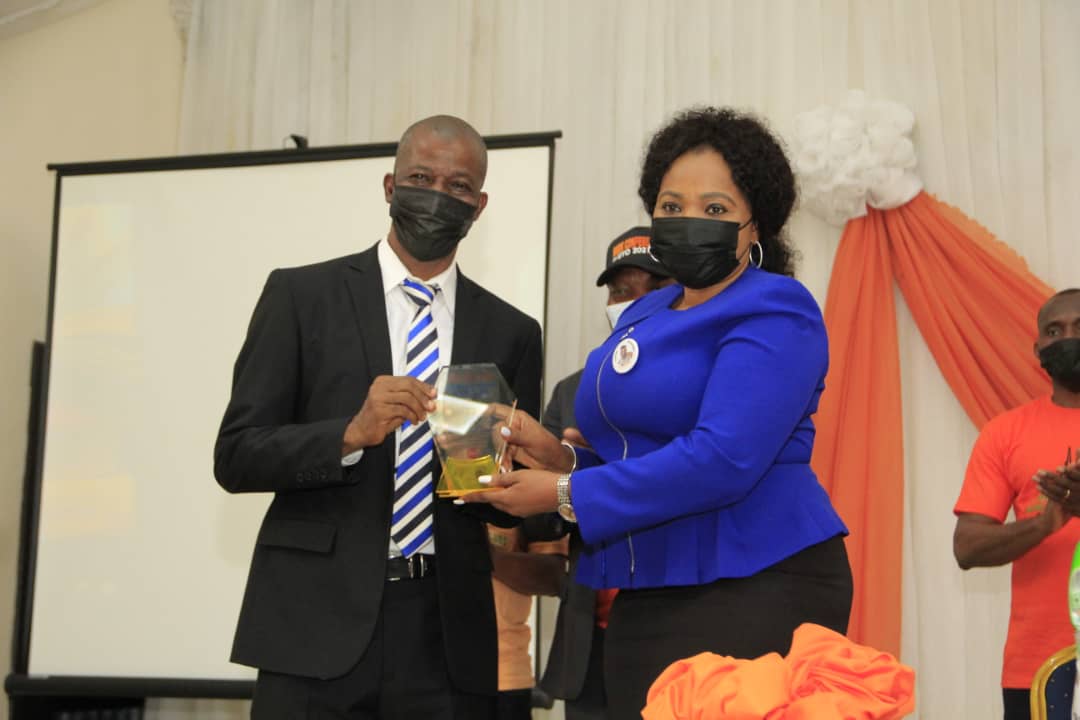A shortlist of six for The Booker Prize 2021 out

* Chigozie Obioma makes the jury
THIS year’s shortlist for the Booker Prize is out. These are the six phenomenal titles shortlisted for this year’s The Booker Prize, an enduring landmark in the publishing year. Three Americans (Patricia Lockwood, Richard Powers and Maggie Shipstead), a Somali-British (Nadifa Mohammed), a Sri Lankan (Anuk Arudpragasam), and a South African (Damon Galgut).

A Passage North by Anuk Arudpragasam (Sri Lankan) – “Arudpragasam turns his poetic sensibility and profound, meticulous attentiveness to the business of living in the aftermath of trauma. The story unfurls like smoke as our narrator sifts through memories. In hypnotic, incantatory style, Arudpragasam considers how we can find our way in the present while also reckoning with the past.”

Great Circle by Maggie Shipstead is “A book of tremendous narrative ambition and scale. Great Circle pulled us into its vividly-created worlds—from prohibition-era Montana to wartime Britain to present-day Hollywood—and made us want to dwell in them indefinitely. Absorbing in the manner of the immersive realist novels of the 19th century, the book speaks to ever-present questions about freedom and constraint in women’s lives.”

The Promise by Damon Galgut is “A testament to the flourishing of the novel in the 21st century. In The Promise, Galgut makes a strong, unambiguous commentary on the history of South Africa and of humanity itself that can best be summed up in the question: does true justice exist in this world? The novel’s way of tackling this question is what makes it an accomplishment and truly deserving of its place on the shortlist.”
No One Is Talking About This by Patricia Lockwood – “This is a first novel from a writer already outstanding as a poet and memoirist, and her gifts in both roles are much in evidence in this extremely funny, poignant and challenging book. Lockwood manages to tell her story in the glancing, mayfly-attention-span idiom of contemporary social media. The drastic shift of gear in the middle of the story, the introduction of real suffering, love and loss, doesn’t break the seamless flow of wit.”
The Fortune Men by Nadifa Mohamed is “Grippingly-paced and full of complex, richly-drawn characters; the novel combines pointed social observation with a deeply empathetic sensibility. The Fortune Men demonstrates what historical fiction can achieve at its best—to get inside the head of the past—while implicitly yet urgently underscoring the present-day persistence of racism and injustice.”

Bewilderment by Richard Powers – “Theo is a widowed microbiologist raising a troubled nine-year-old son tagged with a ‘special needs’ label. Theo’s determination to protect Robin becoming a prisoner of bureaucracy, something of a high wire act of its own, is beautiful and truly inspiring. That, and his willingness to venture beyond the known world into the cosmos, makes this book a clarion call for us to wake up and realize what our minds might be truly capable of.”
Also, among the jury for The Booker Prize 2021 is Nigerian novelist, twice Booker-shortlisted writer for his two novels: The Fishermen and An Orchestra of Minorities, and who is a lecturer at the University of Nebreska, U.S., Prof. Chigozie Obioma. Others are the historian and jury chairwoman, Maya Jasanoff, writer and former Archbishop Rowan Williams.

According to Obioma, “The Booker Prize is the great leveler. We look at not just what the writers are saying but how they are saying it. If you think about some of the writers that we longlisted, say An Island, for instance, or even A Passage North, these are writers telling stories that don’t make the news.
“I don’t think that you would hear about the life of a poor woman in Sri Lanka, or a man who is marooned on an island off the coast of Africa. But while judging the Booker Prize we look at not just what the writers are saying, but how they are saying it, and therefore nationalities do not really matter. What matters is what the writer has brought to the page, and the vision that they have and how they have realised.”

Discussing Galgut’s novel, Obioma added: “His novel was one of the first ones we read, I think, but we were immediately struck by what seemed, at first, a little bit odd but later on crystallised to be actually a kind of a renewal of what we used to think of as the omniscient voice.
“So here you have a narrator who is super intrusive and extraordinarily penetrating into the consciousness of characters.”
According to the jury chair, Jasanoff, “Some are acutely introspective, taking us into the mind of a Tamil man tracing the scars of Sri Lanka’s civil war, and an American woman unplugging from the internet to cope with a family crisis. Some enter communities in the throes of historical transformation: the Cardiff docklands in the early years of British decolonisation, and the veld around Pretoria in the last years of apartheid. And some have global sweep, following a mid-century aviator in her attempt to circumnavigate the planet, and a present-day astrobiologist raising a son haunted by climate change.”





